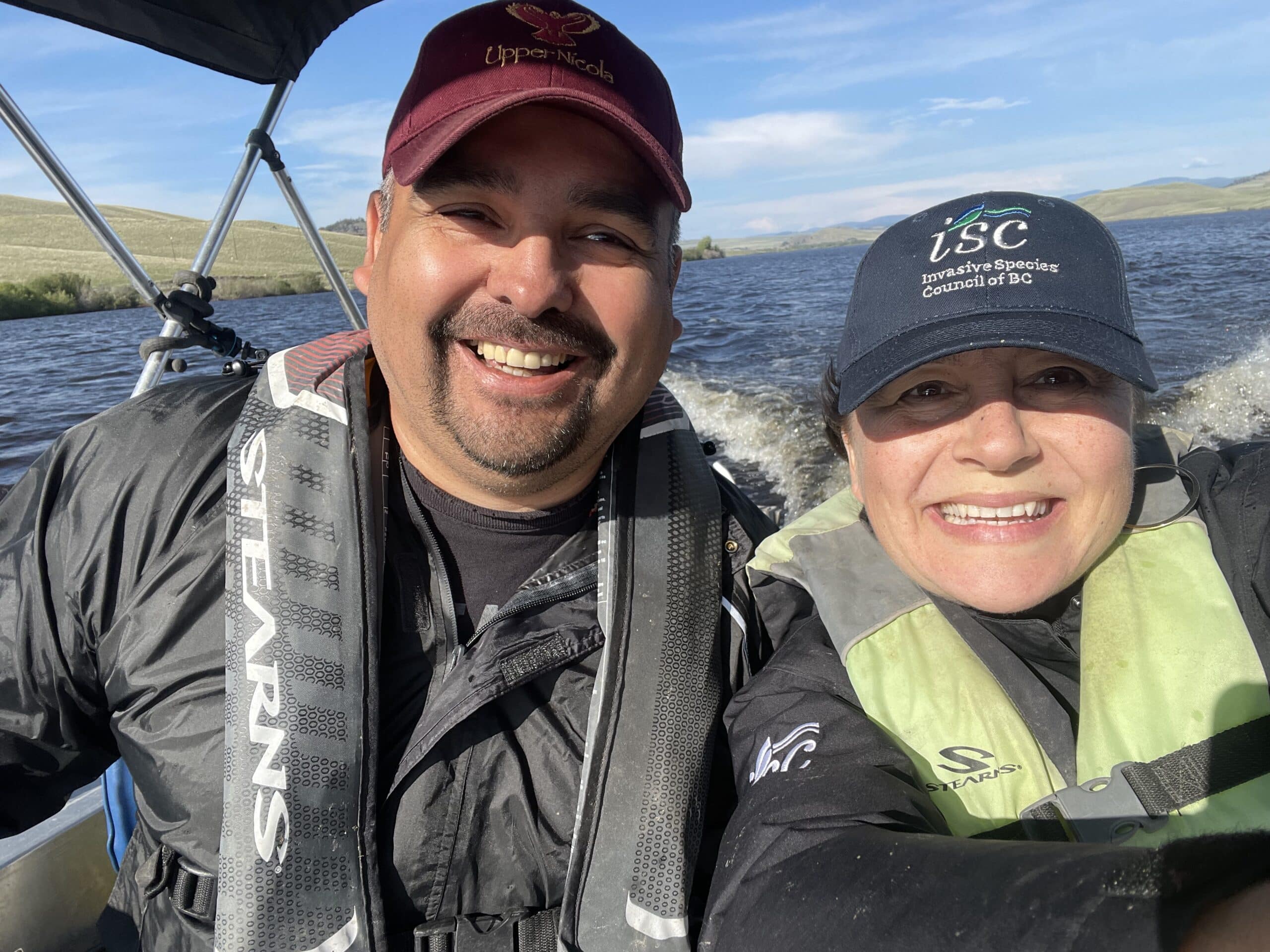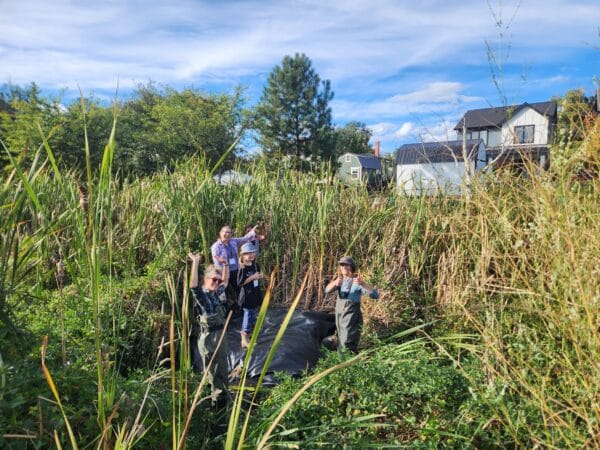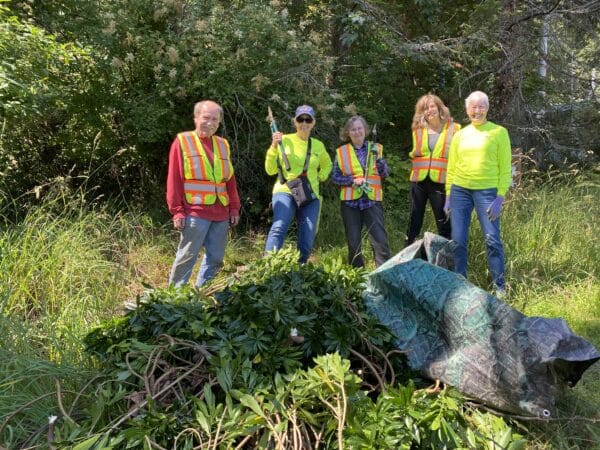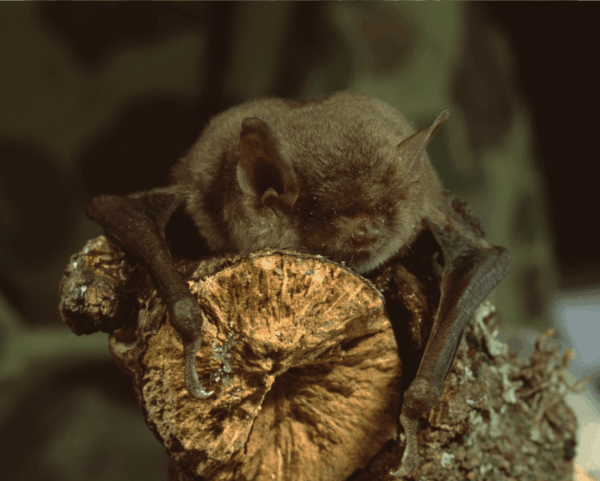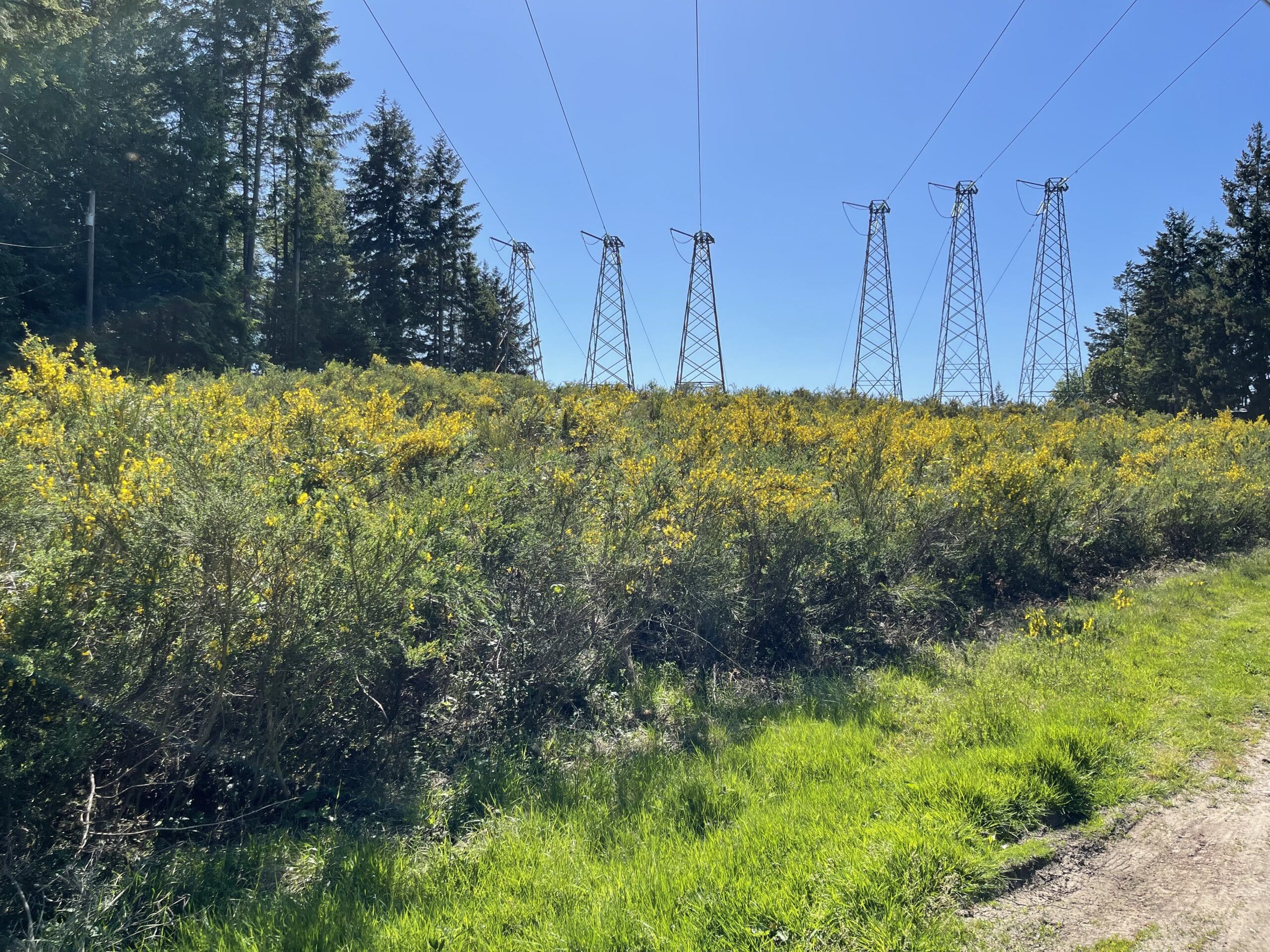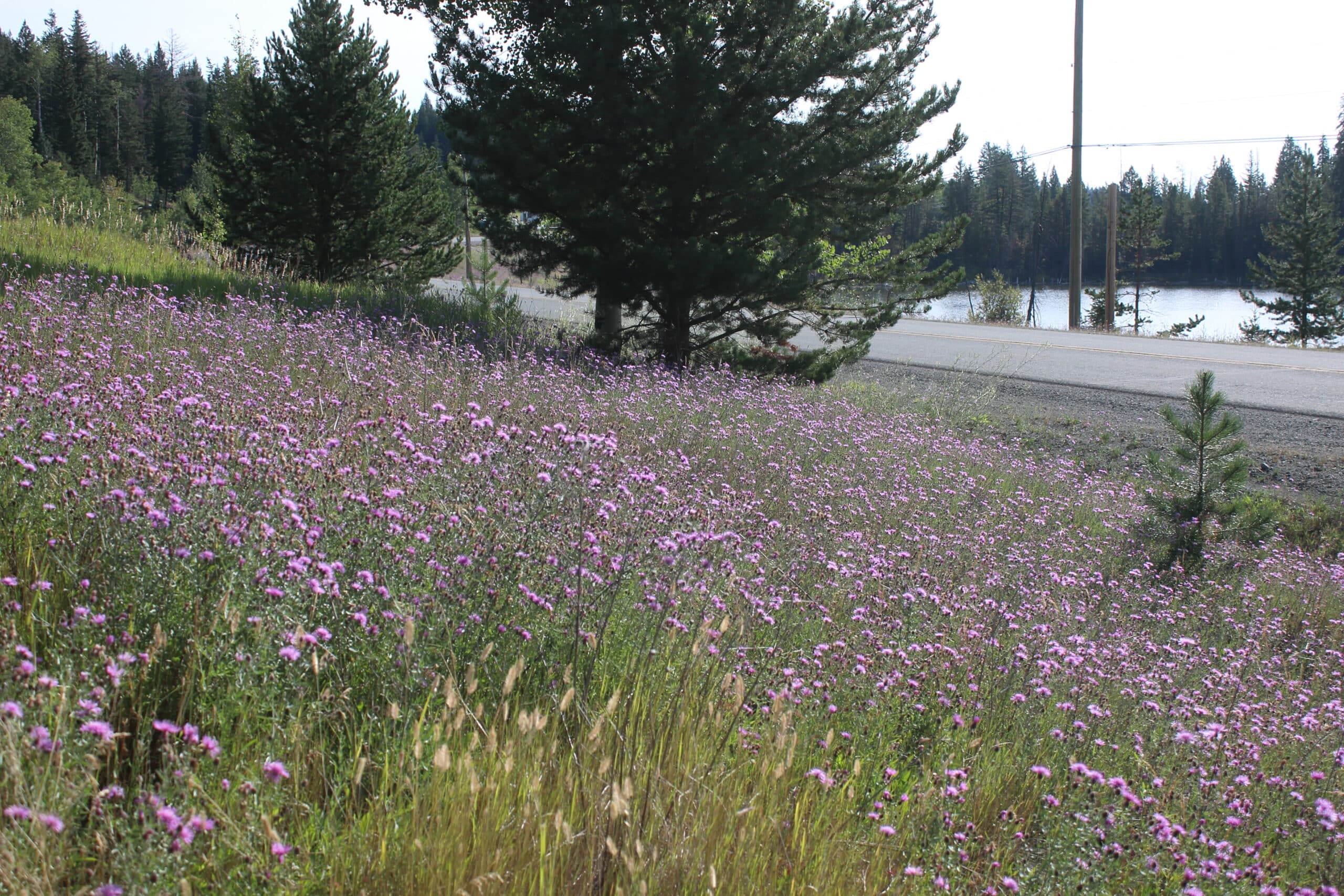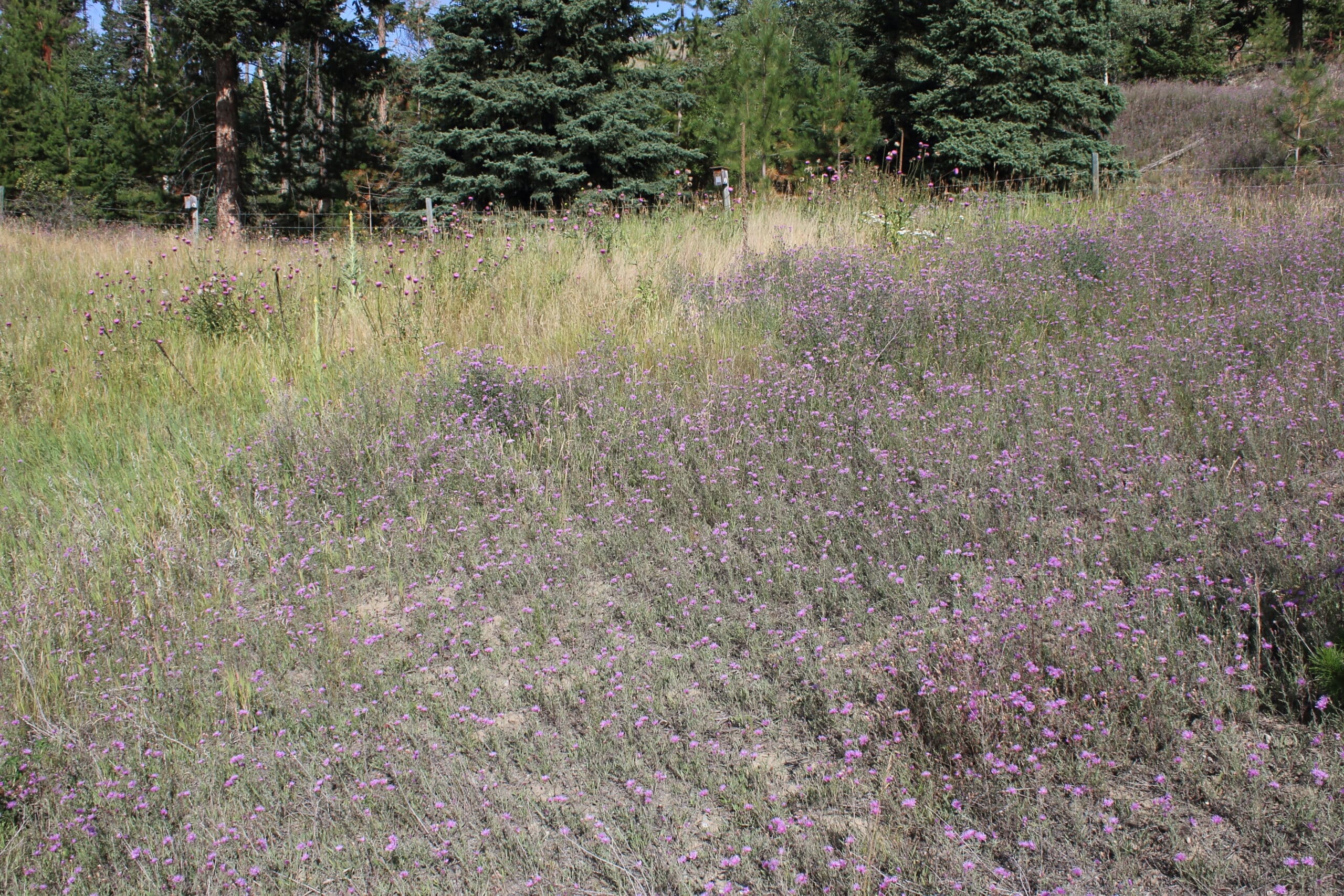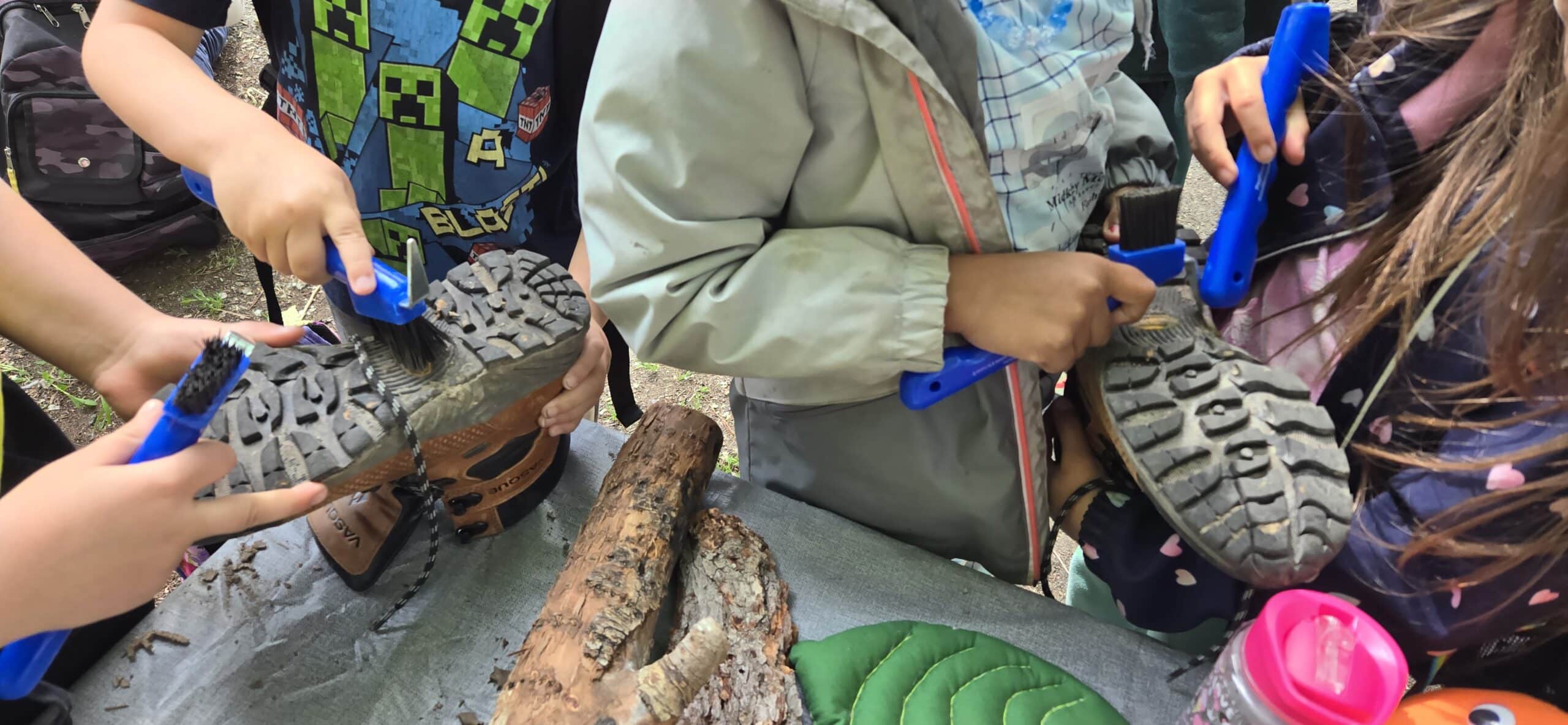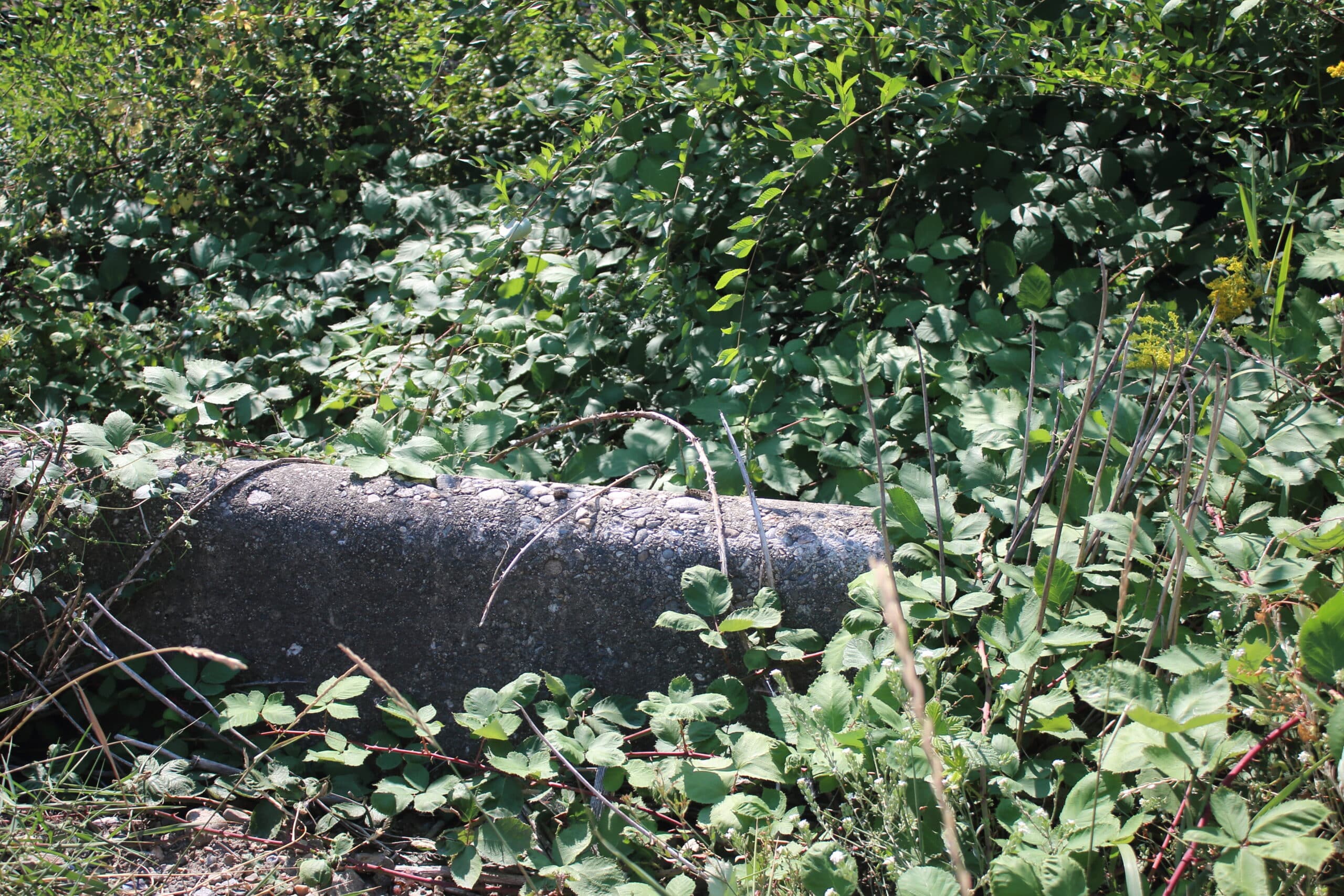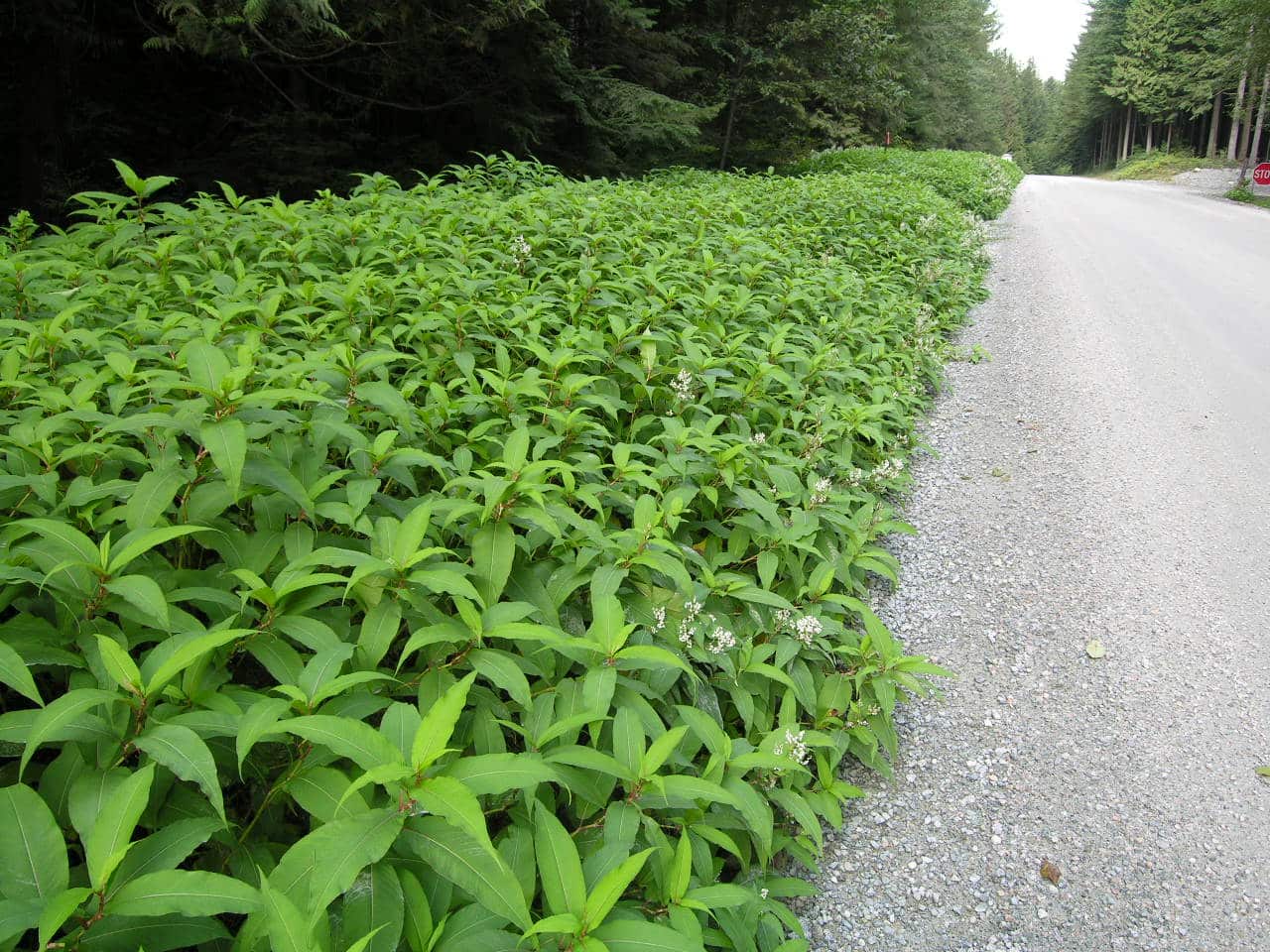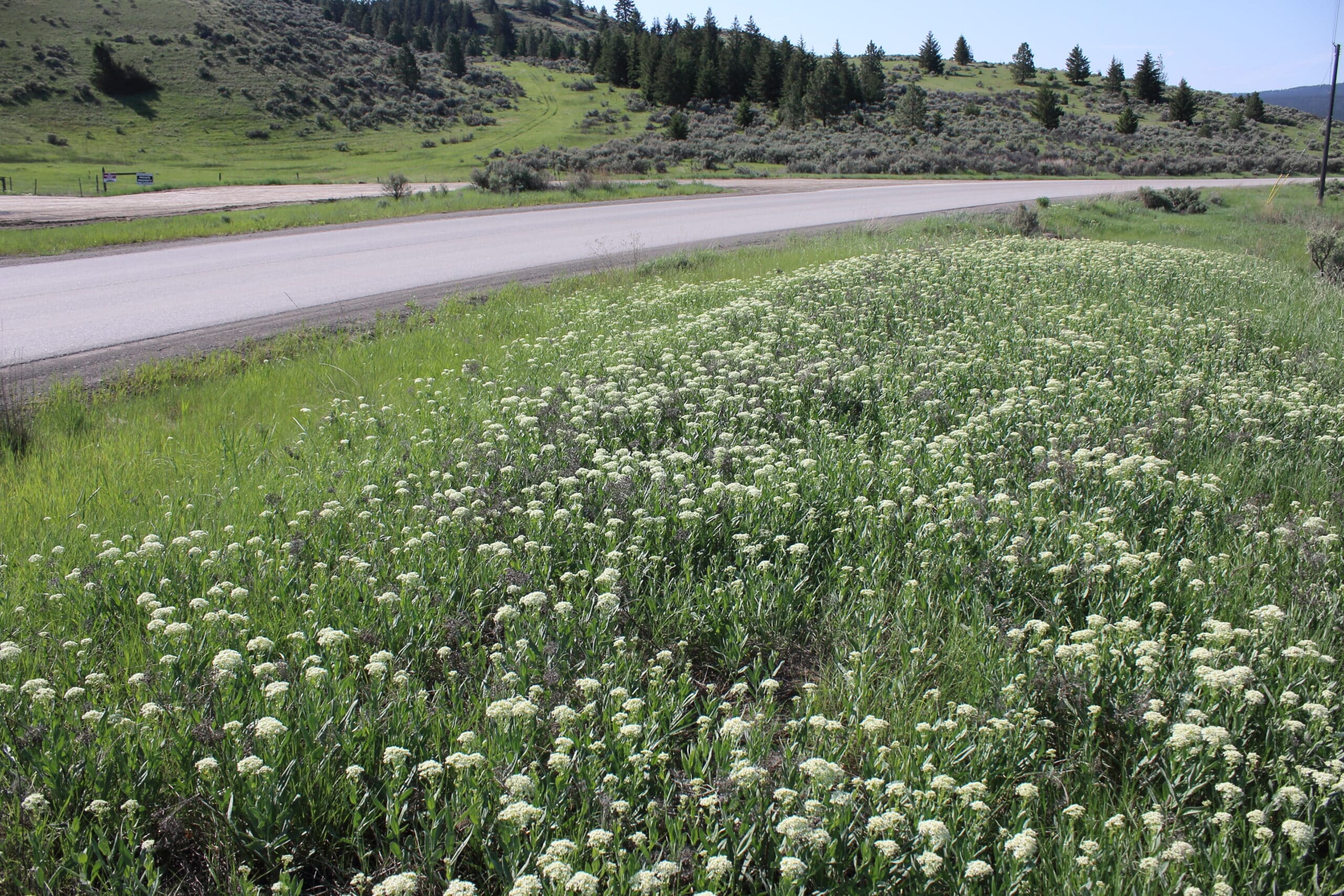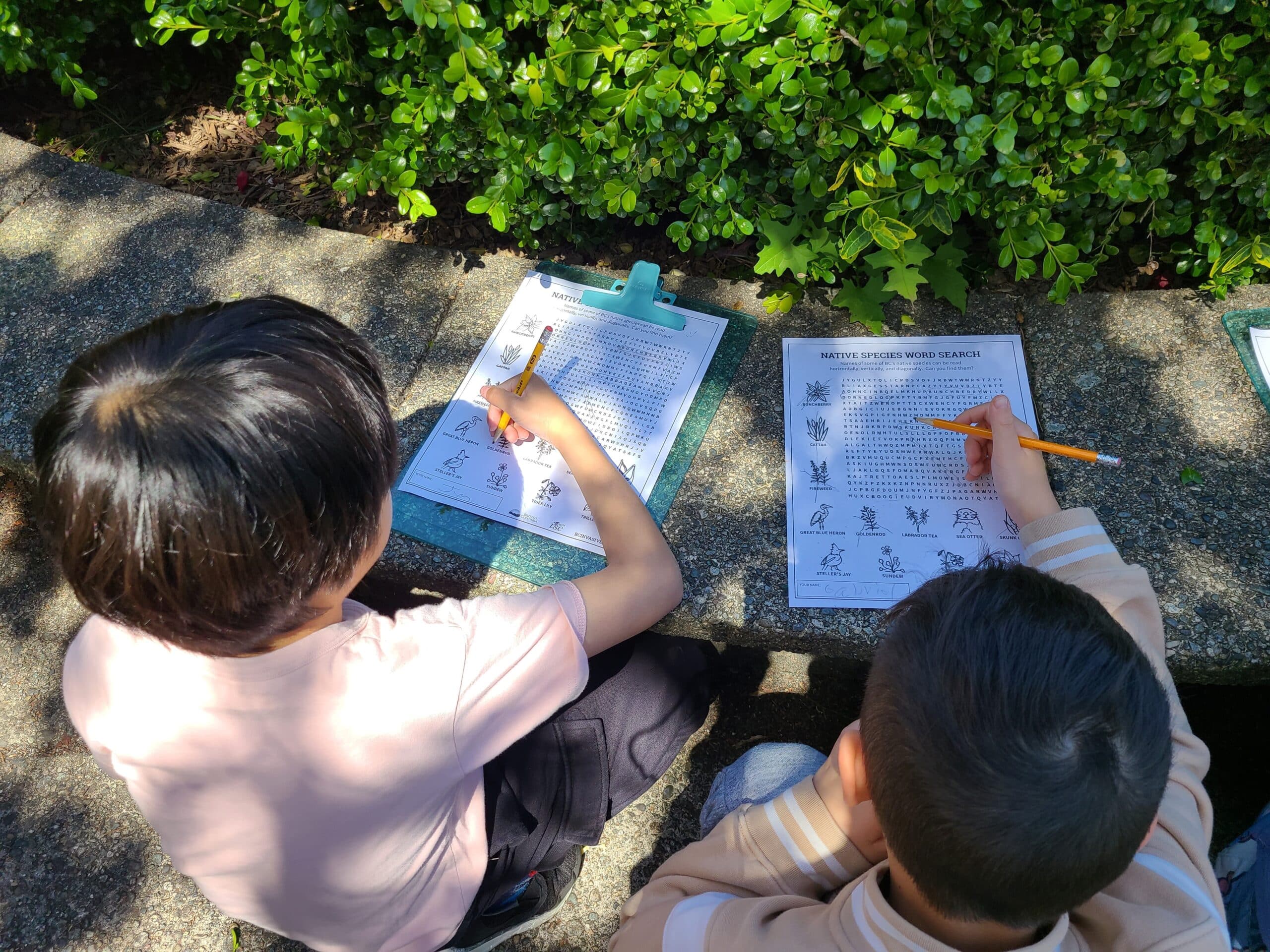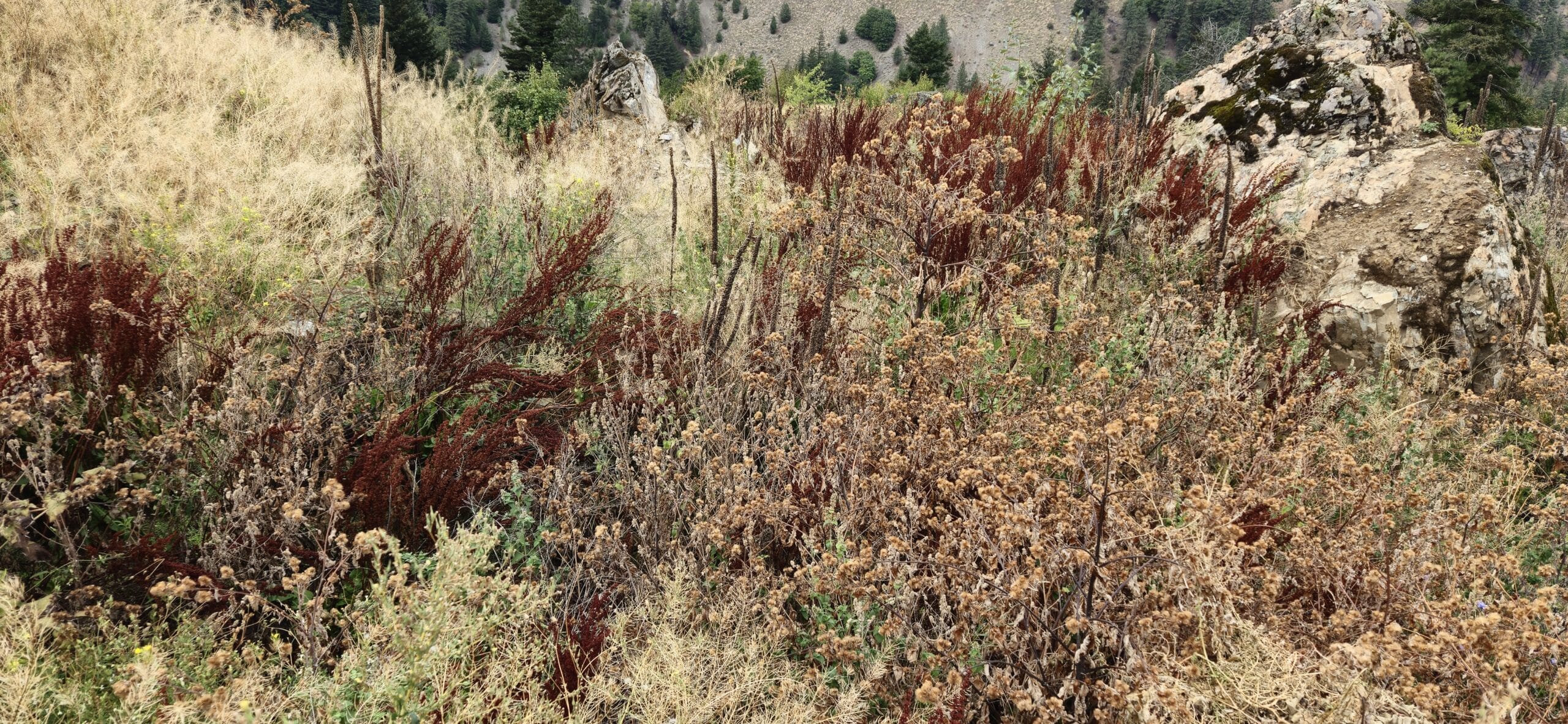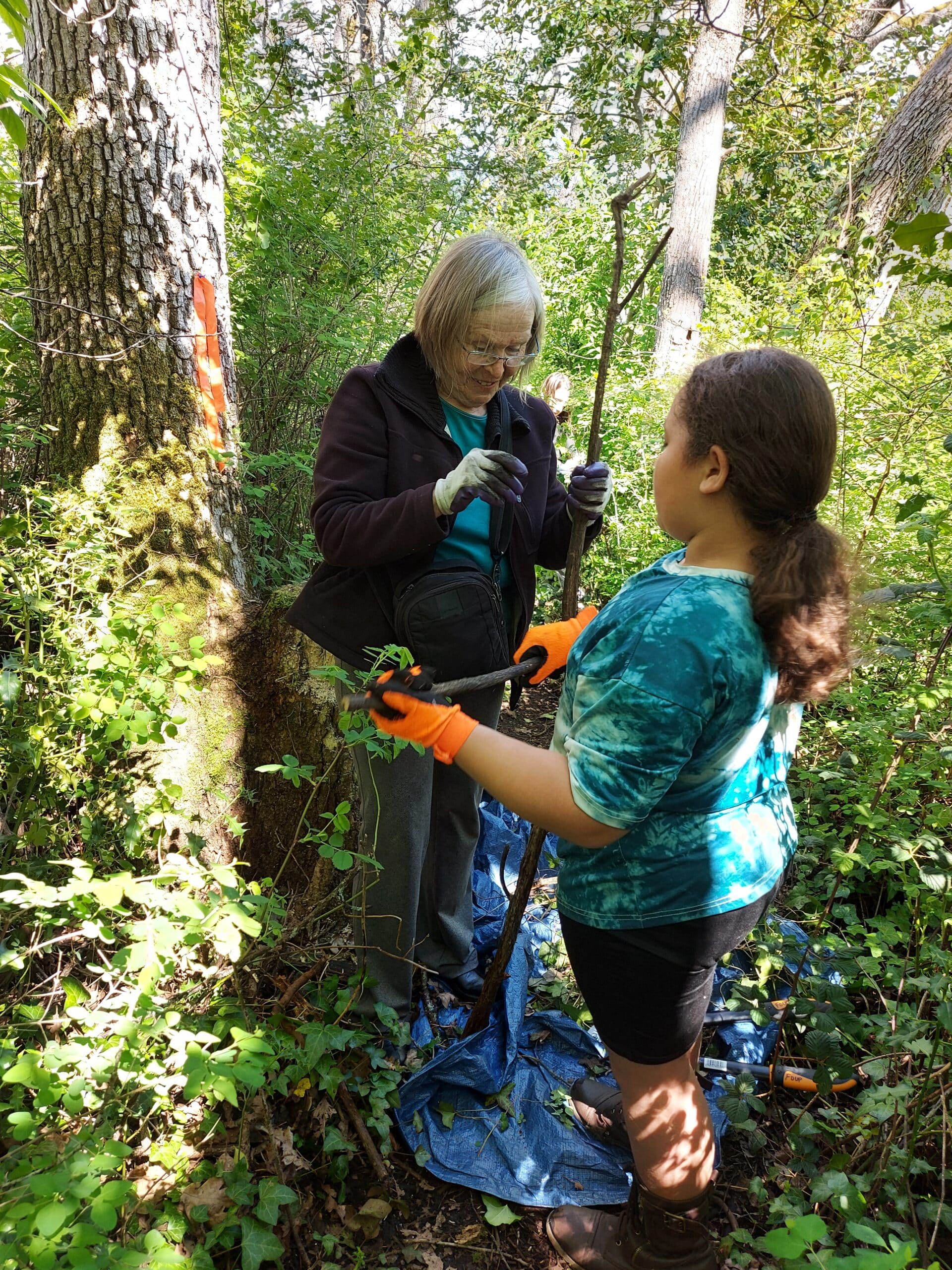As we recognize and honour National Indigenous History Month, we are also reflecting on how invasive species impact traditional practices and ways of life. This month we debut a new series, sharing stories featuring members of our Indigenous Invasive Species Network. ISCBC’s Senior Manager, Communications, Tamara Slobogean, shares this firsthand account of a recent trip to Douglas Lake, alongside Upper Nicola Indian Band Councillor Brian Holmes. Brian is urgently working to draw attention to the impacts of invasive Yellow perch on the native fish species in the lake.
By Tamara Slobogean | June 1, 2023
How will the presence of invasive yellow perch in Douglas Lake affect native kokanee and burbot, the traditional fisheries the Upper Nicola Indian Band has relied on for years?
It’s what Councillor Brian Holmes is trying to figure out. Every few days he checks his 13 homemade traps, counting and measuring every single yellow perch. He is gathering data to get a sense of how things are changing.
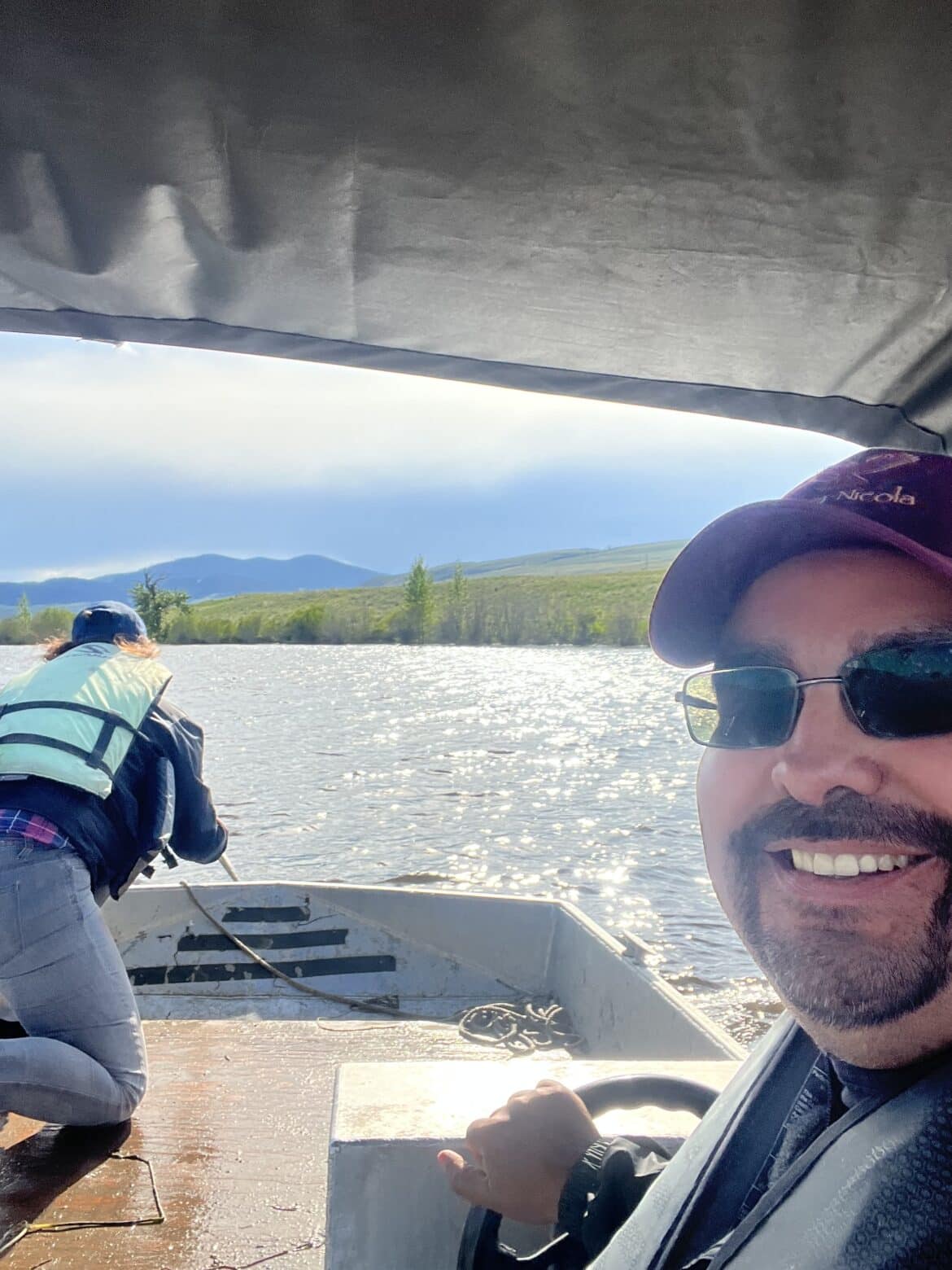
Last weekend I joined him on the water. In about two hours we collected and measured 140 yellow perch. The perch are now competing with native species for food and habitat. Brian says they’re very adaptive to changes in water temperature and quality.
“The original goal was to work to eradicate yellow perch from Douglas Lake. Over the years, with the trapping and the data info, and finding out the other fish are actually eating the perch, the goal might change to just maintain a system where everything works together.”
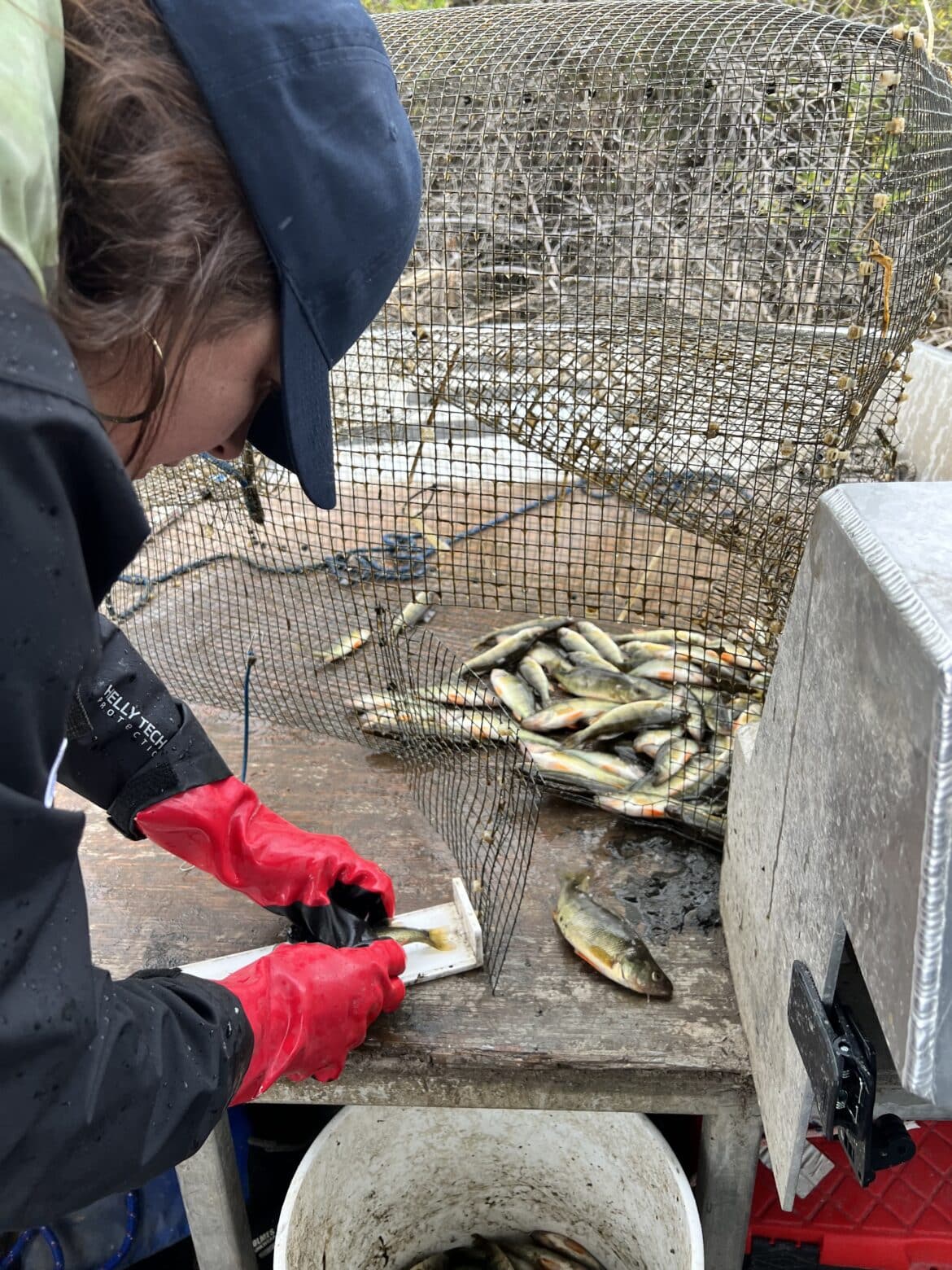
Exactly how this eco-system will change with the presence of this invasive species is still unclear. But Brian is compelled to find out.
“I do this to protect what is left, and to fulfill the duty or responsibility of caretakers of this land – to ensure that the native species are here, that have fed our people from generation to generation through times of hardship and starvation to present, to enjoying that same food source today – protecting that and ensuring it is here for my children and their children to enjoy in their lifetime.”
In some ways it all feels overwhelming, and I catch myself wondering how to stay positive about what’s happening in this lake, and what’s at stake.
But Brian is hopeful. He believes one person can make a difference.
“What keeps me going is proving to those that say it’s a lost cause, that what we’re doing is making a difference and will make a difference because it is our responsibility to caretake this land, for the benefit of all of us.”
Share


